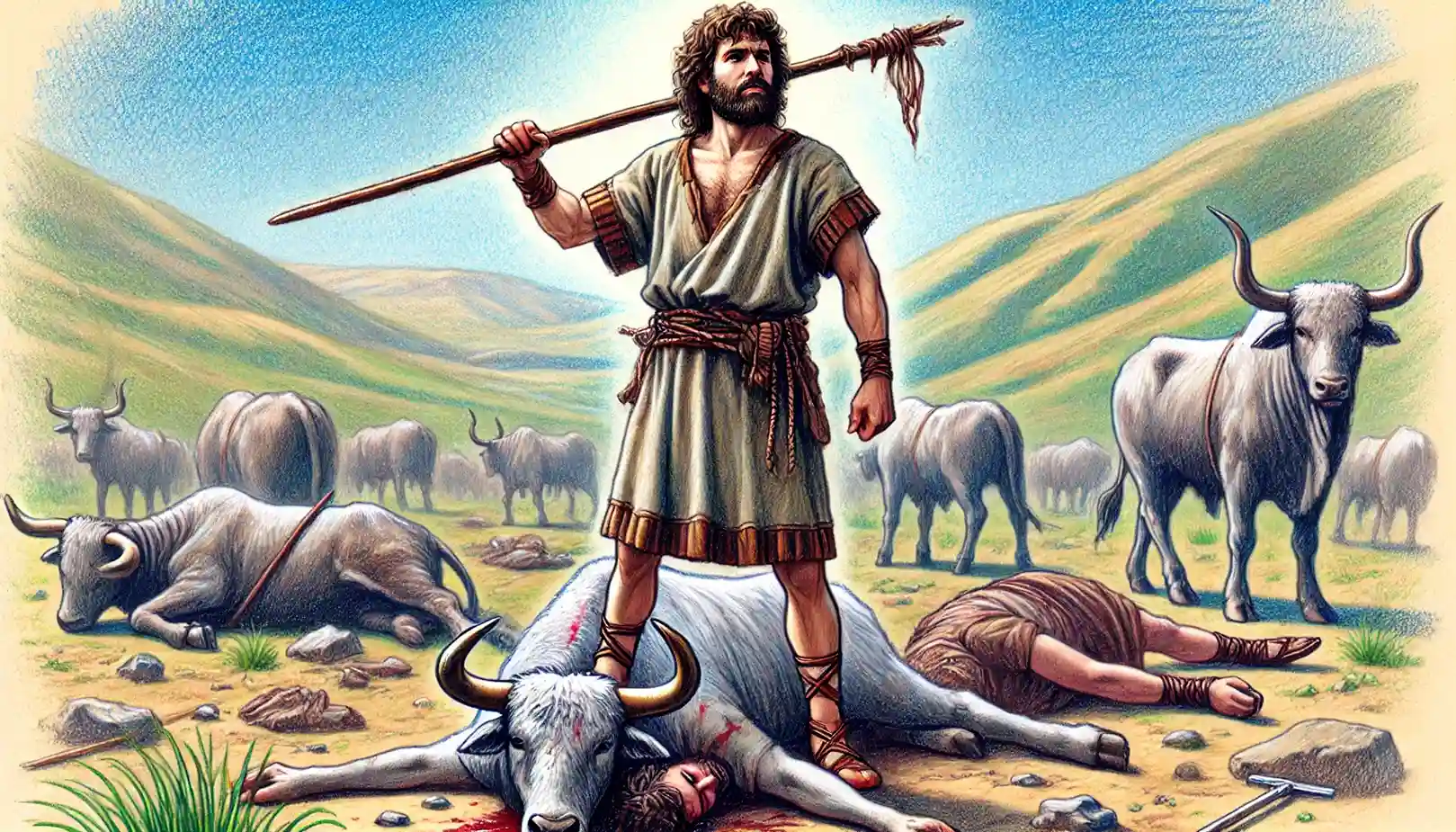
Shamgar: The Unsung Hero with an Ox Goad
Shamgar is a lesser-known figure in the Bible, mentioned briefly in the Book of Judges. Despite his short mention, his actions were significant in delivering Israel from its enemies.
Quick Facts:
- Mentioned in Judges: Shamgar is introduced in Judges 3:31.
- Third Judge of Israel: He is considered the third judge after Othniel and Ehud.
- Defeated Philistines: Shamgar is known for killing 600 Philistines with an ox goad.
- Instrument of Deliverance: His victory brought relief and deliverance to the Israelites.
- Symbol of God’s Power: His story exemplifies how God can use ordinary means for extraordinary purposes.
Shamgar’s story, though brief, is powerful in its demonstration of divine deliverance. Found in Judges 3:31, his account follows the deliverance stories of Othniel and Ehud. The Bible mentions that Shamgar son of Anath killed 600 Philistines with an ox goad, a farming tool used to drive oxen. This tool’s unconventional nature highlights a recurring biblical theme: God often uses the ordinary or unexpected to fulfill His purposes.
Shamgar’s victory is significant for several reasons. First, it shows that God empowers those He calls, regardless of their background or the tools at their disposal. The ox goad, a simple agricultural implement, becomes a weapon of mass deliverance in Shamgar’s hands. This parallels other biblical narratives where God uses seemingly insignificant objects for great purposes, such as Moses’ staff or David’s sling.
Secondly, Shamgar’s story emphasizes the importance of individual courage and faith. In a time of oppression and conflict, Shamgar’s bold action against the Philistines reflects a deep trust in God’s provision and strength. His willingness to stand against a formidable enemy with only an ox goad exemplifies faith and bravery, encouraging believers to trust in God’s power rather than their own strength or resources.
Additionally, Shamgar’s mention in the Book of Judges ties into the cyclical pattern of Israel’s history during this period. The Israelites repeatedly fell into idolatry and sin, leading to their oppression by surrounding nations. God raised up judges like Shamgar to deliver them when they cried out for help. This cycle highlights God’s enduring mercy and faithfulness despite Israel’s recurrent unfaithfulness. Shamgar’s deliverance of Israel is part of this larger narrative of redemption and divine intervention.
Theological insights can also be drawn from Shamgar’s story. His use of an ox goad signifies God’s ability to work through the ordinary and the mundane. It underscores the biblical principle that God’s power is made perfect in weakness (2 Corinthians 12:9). Shamgar’s limited resources did not hinder God’s plan; rather, they showcased God’s sovereignty and ability to deliver His people through any means He chooses.
In summary, Shamgar, though briefly mentioned in the Book of Judges, serves as a powerful example of God’s deliverance through ordinary means. His story encourages believers to trust in God’s power and provision, regardless of their circumstances or resources. It also underscores the cyclical pattern of sin and redemption in Israel’s history, highlighting God’s enduring mercy and faithfulness.



